Chevron CEO Mike Wirth believes the United States’ dependency on oil is as high as ever, claiming the “end of the oil age” is not in the nation’s sights just yet.
As the head of one of the world’s largest oil companies, Wirth claims the US demand for oil and gas has increased in the last year, suggesting the nation isn’t ready to sever its dependency on fossil fuels.
America Plans to Reduce Oil

Over the past decade, considerable effort on behalf of US environmentalists and policymakers has led to numerous initiatives to reduce the amount of oil and gas used in the nation.
The increased production of electric vehicles and renewable energy sources aims to reduce the United States’ carbon footprint by 2030. However, Wirth believes the US is still a long way away from moving beyond its dependency on oil.
Chevron CEO Reveals Oil Market Is as Strong as Ever
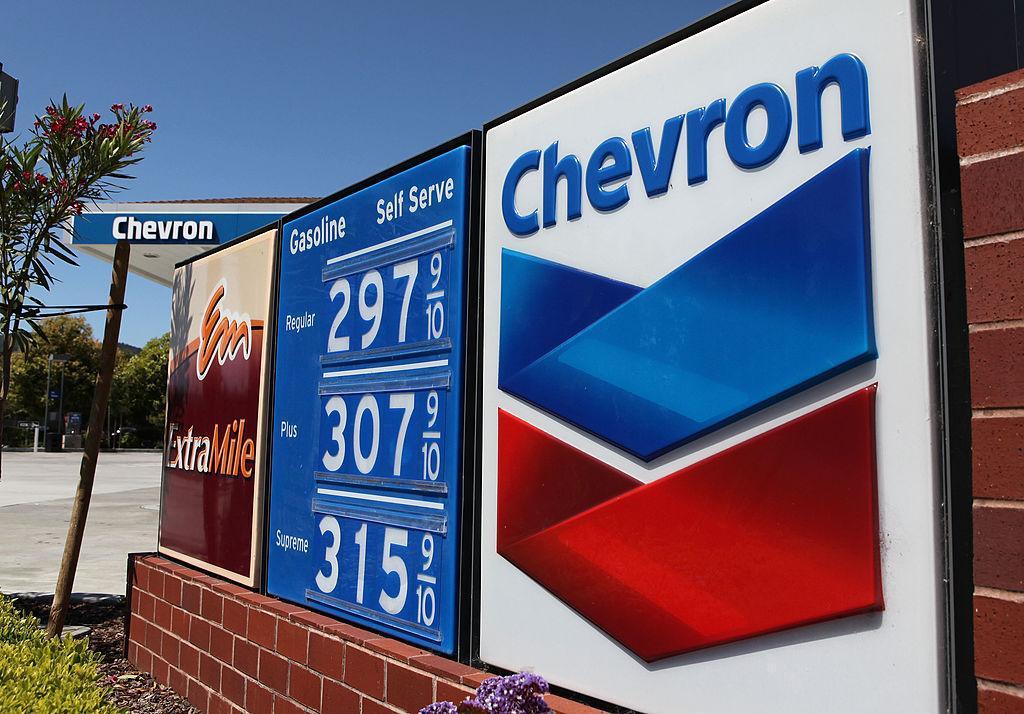
During an interview with Maria Bartiromo at the 27th annual Milken Institute Global Conference, Wirth explained the world is using as much oil as ever.
“Markets are relatively balanced. Demand growth is strong. Last year was an all-time record demand. We’ll see demand grow again this year,” he said.
The US Isn’t Ready to Give Up Oil
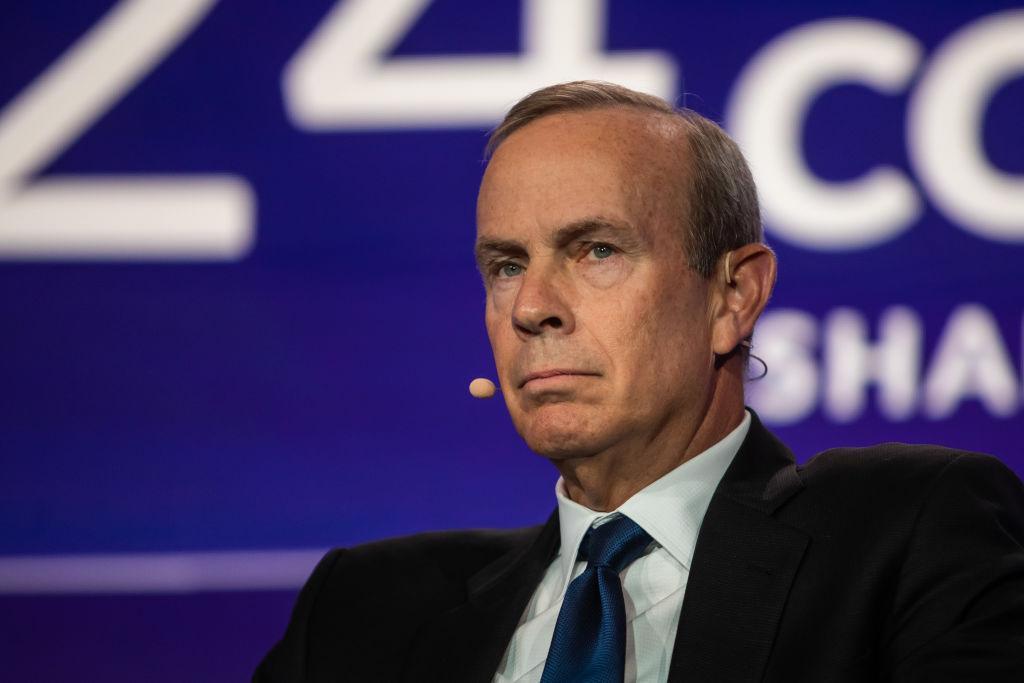
During his talk on “Mornings with Maria,” Wirth broke down why he believes the US isn’t close to giving up its dependency on oil anytime soon.
Ultimately, Chevron’s CEO used the information he provided to back up the statement: “So, the end of the oil age is not yet upon us.”
Gas Prices Experience Slight Increase in the US
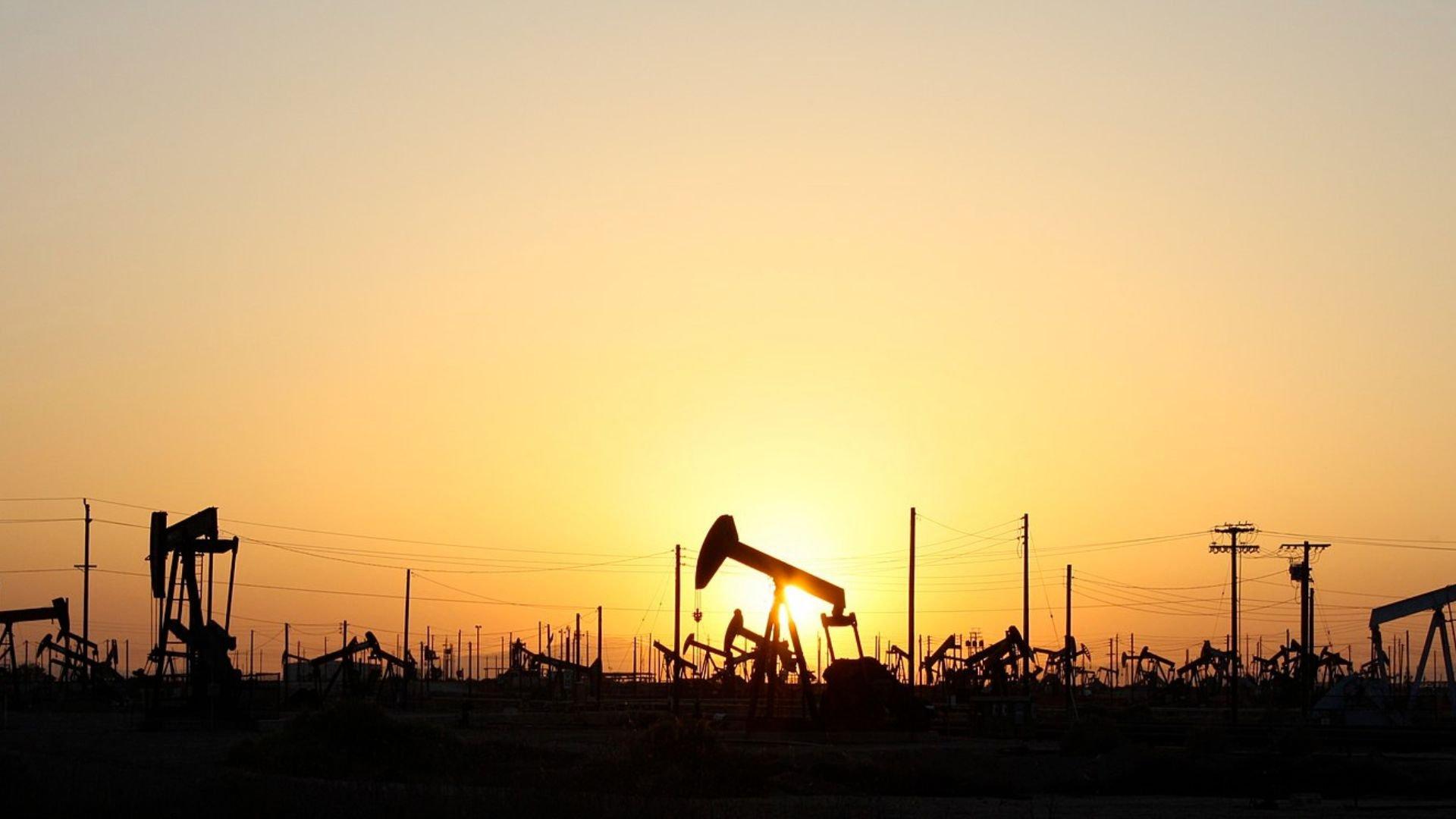
According to AAA reports, gas prices in the US have experienced minor increases over the past few weeks.
The national average at the start of May was $3.67, which is an increase of around 15 cents higher than the average at the beginning of April.
Barrels Demand in the US Sees Increase

During the same week, the US gas demand also experienced a minor increase.
According to the Energy Information Administration, barrel demand rose by around 200,000 from 8.42 million barrels daily at the beginning of May to 8.62 million.
Chevron CEO Wants to Increase Production of Oil
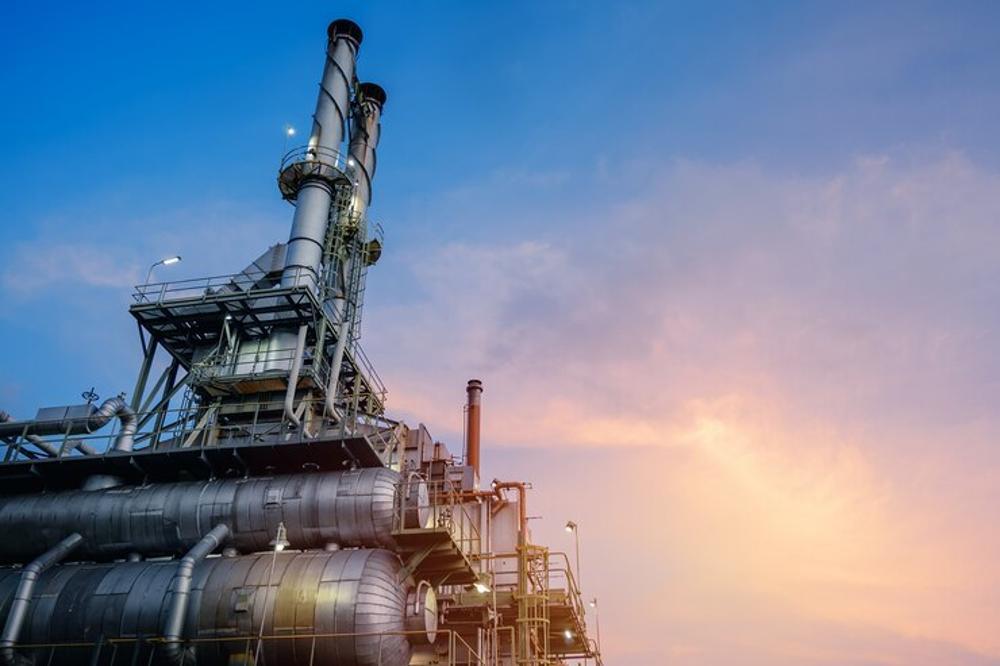
According to Wirth, he believes it would be wrong not to keep up with this new level of demand by increasing production.
“It’s important that we continue to meet that with new production, which is certainly what we’ve been doing,” Wirth said.
What Could Impact Oil Markets

Wirth explained several factors that could ultimately affect the oil market, including the current Israel-Hamas and Russia-Ukraine conflicts.
“In the short term, these risks due to geopolitical events,” like the Russia-Ukraine, Israel-Hamas, and Red Sea conflicts, respectively, “are things to pay attention to because they could impact markets.”
Impact on the Supply of Natural Gas
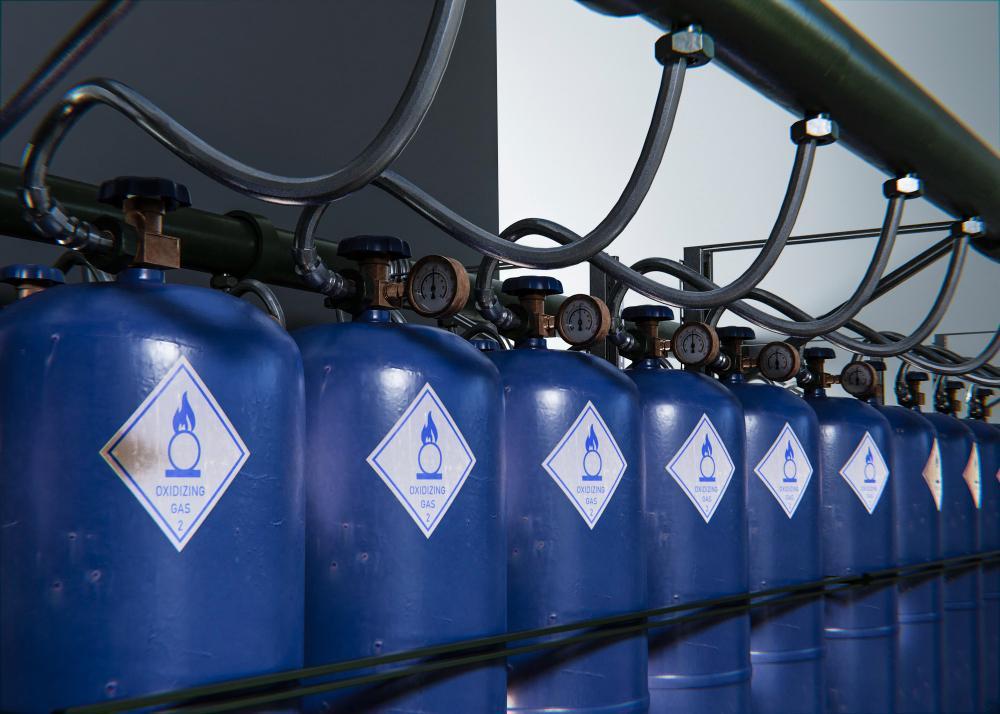
“We did see some impact on our supply of natural gas into Israel during the early days of the conflict,” said Wirth.
“We now have both platforms online and are meeting all the needs not only for Israel’s domestic market but also for Jordan and Egypt, where the gas goes. The risks in a situation like this are that, through some sort of escalation [or] miscalculation, you could see impacts on physical supply in an area that supplies so much of the world’s oil. And that’s a real concern.”
Preparing for the Volatility

According to the Chevron CEO, preparing for this “volatility” with balance sheets that can withstand long periods of “very low prices” can work out in the long run.
Wirth believes that Chevron will experience a 10% compound annual growth in free cash flow in the coming years.
Chevron Aims to Increase Cash Flow in Coming Years
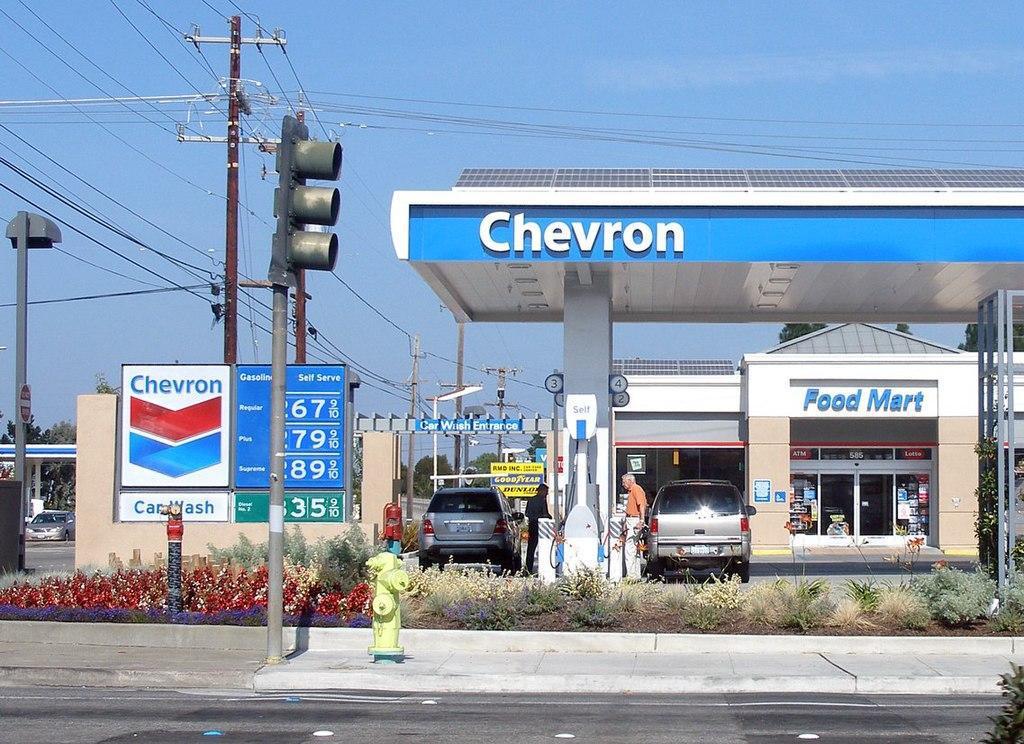
“Driven by the Permian, driven by some other shale assets in our portfolio, projects in the deepwater Gulf of Mexico, we’ve got a number of other assets that are delivering growth,” Wirth said.
“The combination with Hess only strengthens our cash flow longer into the future, not only to the end of this decade but well into the next.”
The Future of Oil in the US
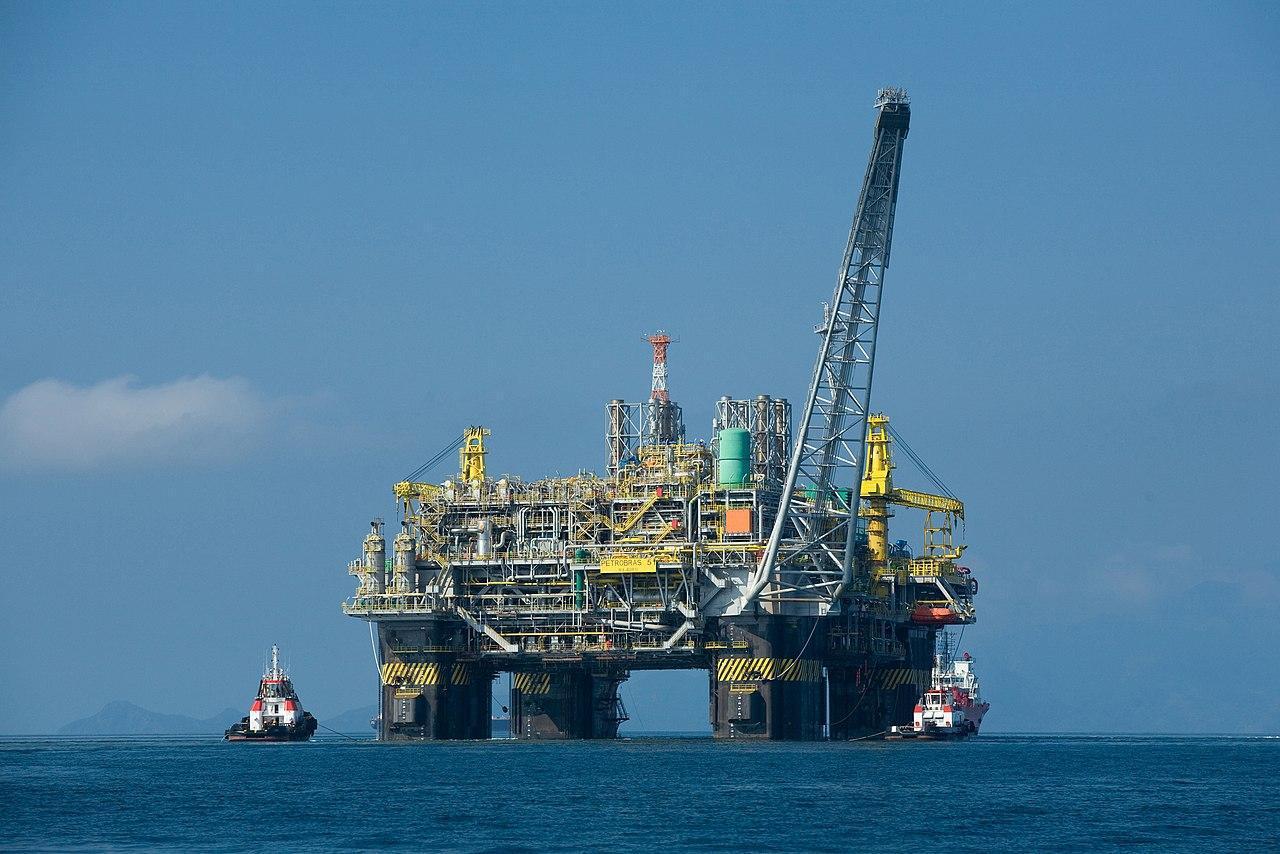
As Wirth has pointed out, the US doesn’t appear to be able to sever its dependence on oil anytime soon.
Suppose the nation’s demand for oil and gas continues to grow. In that case, achieving the various goals set by policymakers and environmentalists over the next decade may prove challenging.

